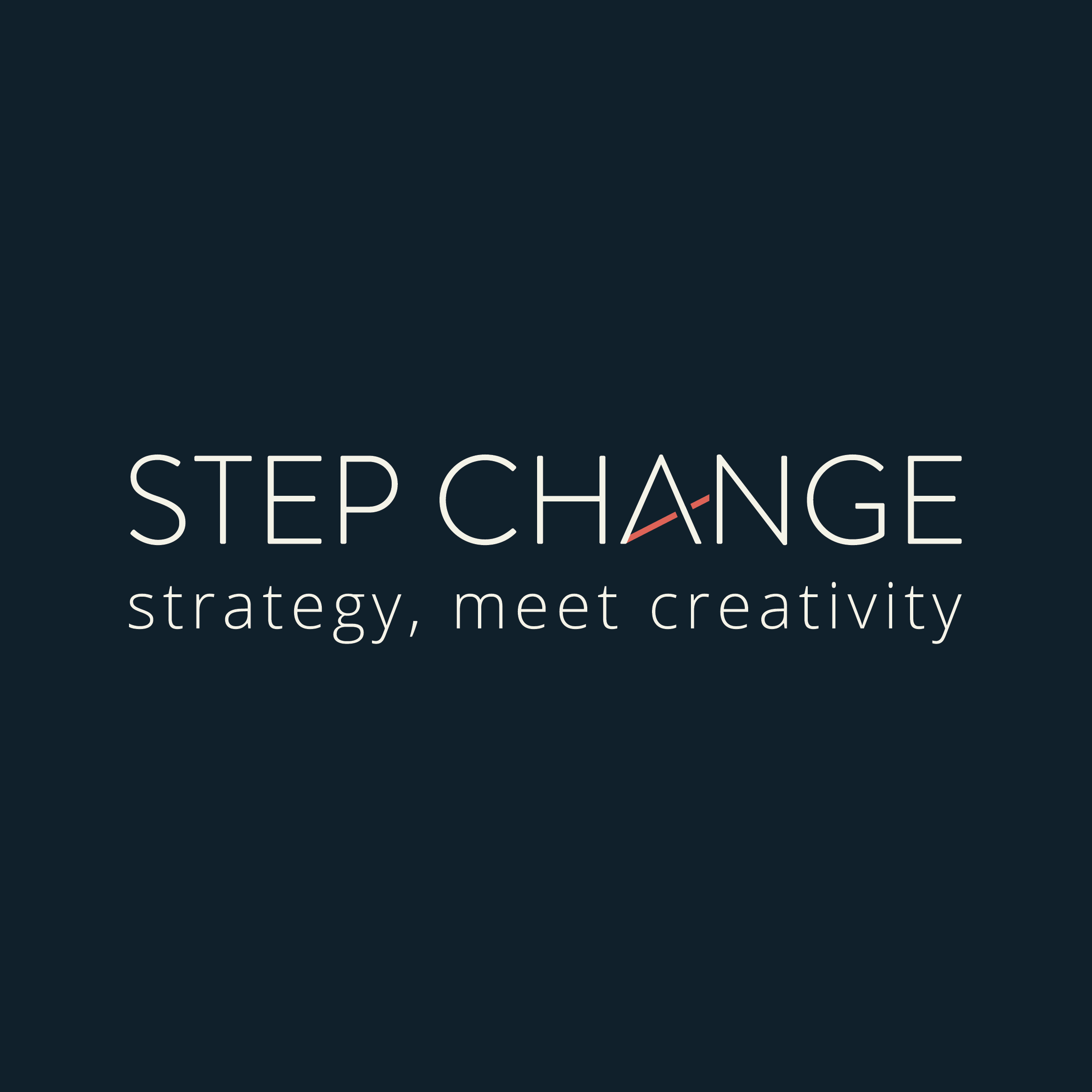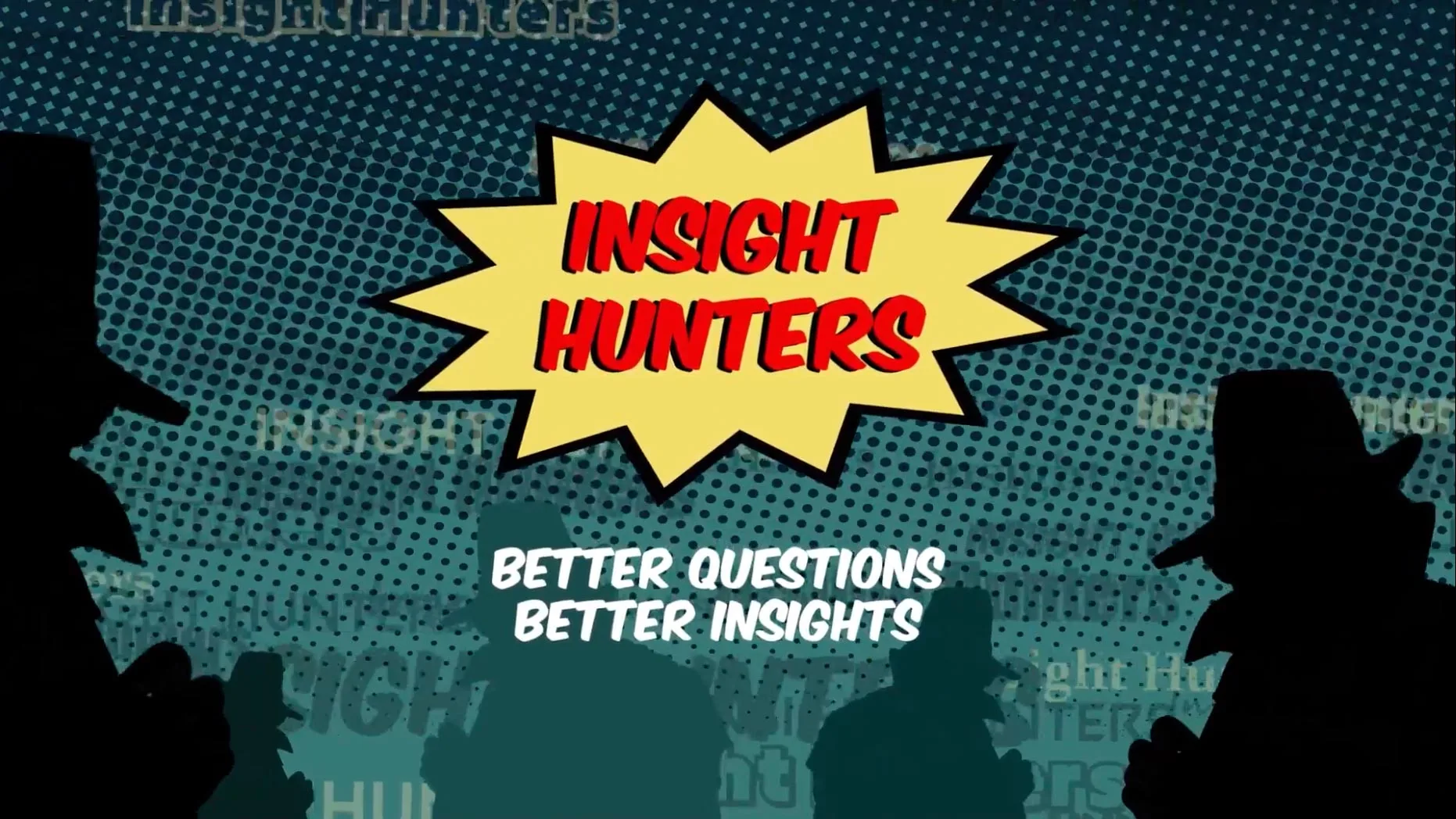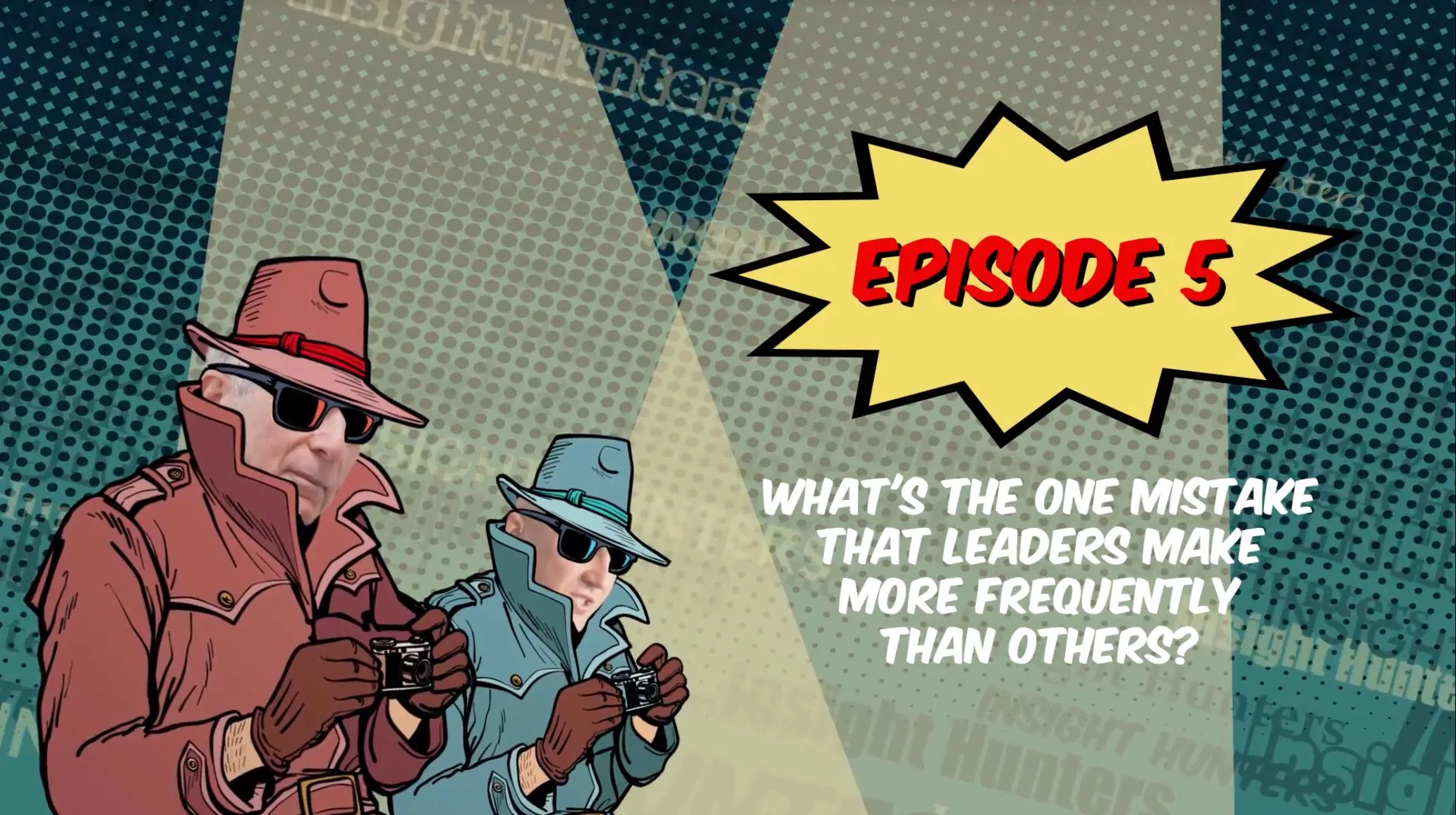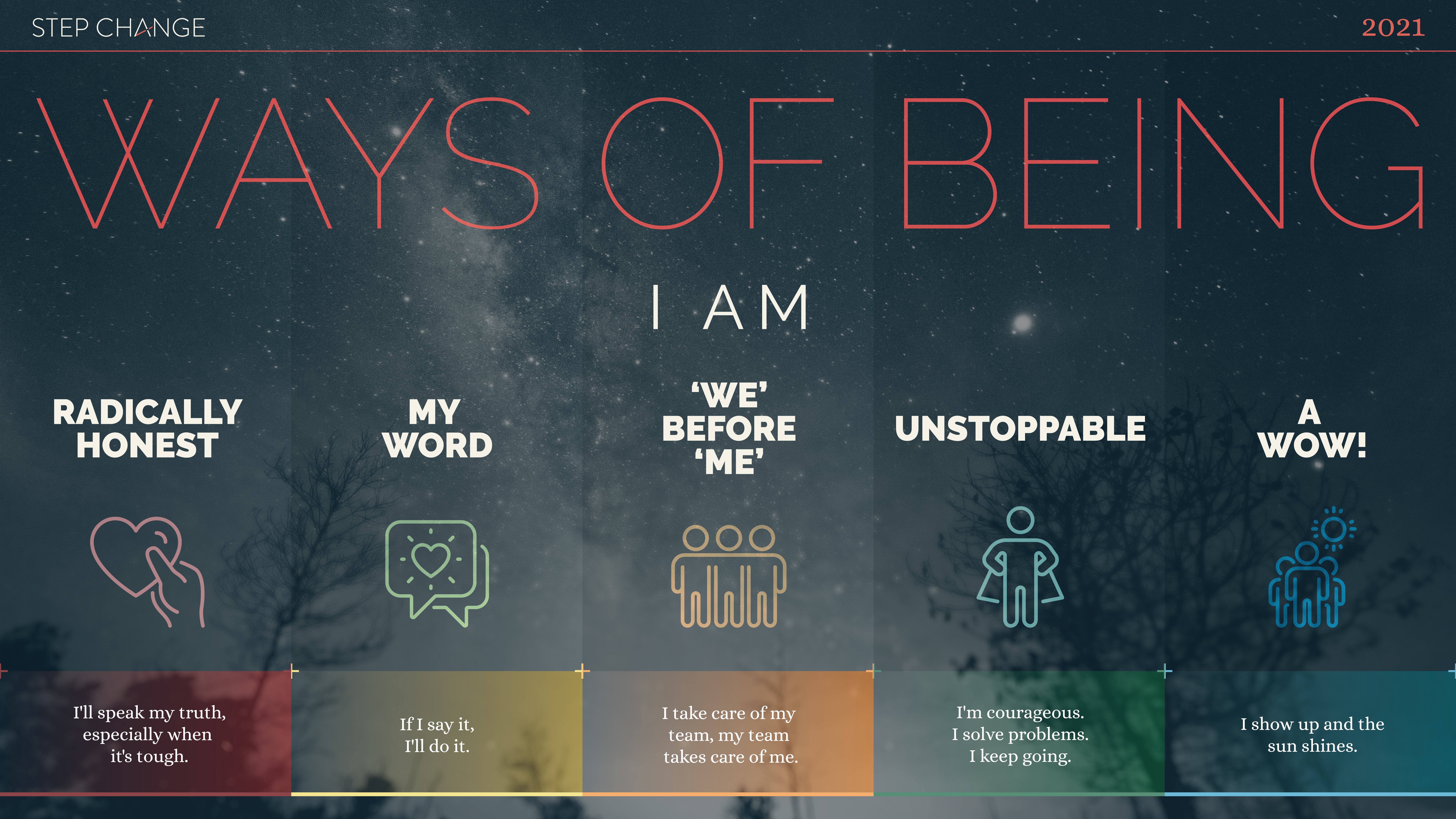Leadership isn’t just about IQ or technical skill — in fact, these are the entry-level requirements for executive positions. When 58% of all success in jobs are accounted for by emotional intelligence, it’s a clear sign that it has a vital role in the workplace. Moreover, people with a high degree of emotional intelligence make an average of $29,000 more per year than people with lower degrees of emotional intelligence.
What Is Emotional Intelligence?
Emotional intelligence is a key leadership skill. It’s the ability to understand and control one’s emotions, and for leaders, this is an essential skill to succeed.
In the 1990s, psychologist Daniel Goleman coined five main components of emotional intelligence that affect leadership:
1. Self-Awareness
Self-aware leaders have the ability to observe their ‘inner world’. They know their strengths and weaknesses, their emotions and how they affect them, and their capabilities. This skill helps them achieve the presence of mind that allows them to respond in a way that delivers the results they need.
2. Self-Regulation
This quality of emotional intelligence frees leaders from being victims of their emotions, especially when making decisions or responding to stressful situations. Self-regulated leaders rarely verbally attack others, make rash decisions, or compromise core values. Rather, they are mindful and reflective, they embrace change, and they have the ability to control impulsive urges.
3. Self-Motivation
Motivation is passion that goes beyond the material of money and status. This is about being fundamentally driven by a purpose deeper than something that might not last. Self-motivated leaders consistently work towards their goal with a high standard for the work they produce.
4. Empathy
Leaders lead people. Empathy is the ability to successfully manage a team of people by understanding their drivers and emotions. It’s through empathy that a leader can help develop the people on their team, challenge them, and give constructive feedback.
5. Social Skills
Social skills relate to conflict resolution, communication skills, as well as forging strong relationships with others. Leaders with strong social skills are good at managing change and set an example to others with their behaviour.
Aside from these five core characteristics, there is also charisma, confidence, the managing of relationships, and the regulating of one’s own expectations. These all fall under the banner of emotional intelligence. To be truly inspiring and memorable, a leader has to be able to display these characteristics.
How Jeff Bezos (Amazon) Displays Emotional Intelligence
In 2015, Amazon found itself in the crosshairs of The New York Times, following the publishing of a lengthy critique about its rigorous employee standards and harsh working environment. It may have gone even further, if it wasn’t for the swift intervention of CEO Jeff Bezos.
Jeff Bezos was able to use the opportunity to turn the criticism around by announcing changes within the company and directly addressing the concerns that had been raised. Rather than fighting the claims, he leaned in and was able to deliver the changes that his employees and the public desired.
How Larry Page and Sergey Brin (Google) Display Emotional Intelligence
One of the best examples of overall emotional intelligence comes from Larry Page and Sergey Brin, the two initial founders of Google. Now one of the largest organisations in the entire world, Google still reflects the atmosphere of a spunky startup.
Much of this has to do with their emotional intelligence. As a business grows, it’s often normal for the culture to dilute or change radically. It’s only through emotional intelligence — an understanding of the drivers of their employees, of the context of the business — that Google has been able to retain their playful company culture.
Well-known for their corporate code of conduct, “Don’t be evil”, Google has developed an entrenched reputation as a well-meaning and forward-thinking corporate entity. The success behind their strategic initiatives also relates back to the emotional intelligence of their executive team and their ability to be “ahead of the curve”.
(Since the inception of Alphabet, Google’s motto has been replaced by “Do the right thing.”)
Do You Possess Emotional Intelligence?
Emotional intelligence may very well be the line in the sand that separates a “boss” from a true leader. Through emotional intelligence, CEOs and executives are able to inspire confidence and motivate others to follow in their footsteps. And just like any other skill, it can be learned.
Emotional Intelligence Coaching Masterclass offers a great opportunity for leaders, coaches, and mentors to grasp emotional intelligence at a deeper level and hone their skills in this area. Not only can this help learners build their emotional intelligence, this can also arm them with the skill to coach others into it as well.
Developing emotionally intelligent individuals benefit the organisation in many ways. It creates a workplace that's productive, inclusive, and equitable, and it builds people who have a clear perception of their strengths and weaknesses, are able to respond positively to change, are innately driven, are compassionate, and are able to interact with other people well.
If you found this article interesting, you’ll like our blog posts about how leaders lead in a VUCA environment. Read more here.
Editor's note 1: A version of this article is seen at The Executive Connection blog.
Editor's note 2: This article, published in May 2017, has been updated with relevant information that readers who are interested to dive into emotional intelligence may find helpful.
 The Executive Connection (TEC) is a membership organisation providing leadership mentoring and business coaching to CEOs and executives to make better decisions for greater results.
The Executive Connection (TEC) is a membership organisation providing leadership mentoring and business coaching to CEOs and executives to make better decisions for greater results.











![Top 10 Articles C-Suites Read in the Step Change Blog [2019 Edition]](https://blog.hellostepchange.com/hubfs/step-change-top-10-articles-2019.001.jpeg)



